PRIMENUTS Nutrition Benefits
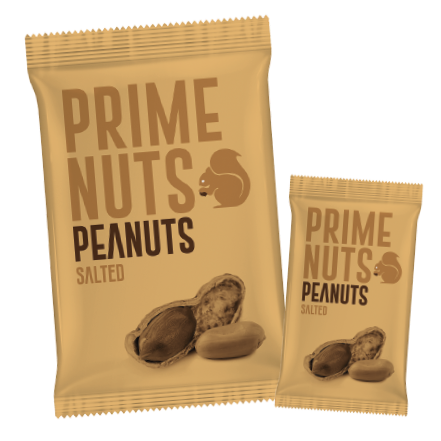
A power snack that is high in nutrients is peanuts
Peanuts are a great way to get energy because they are high in protein, fiber, and good fats. Vitamin E and antioxidants found in large amounts help protect cells from damage and make skin glow. Peanuts also have magnesium and potassium, which are important for strong bones and muscles. Because they have a low glycemic index, peanuts are great for diabetics as they help keep blood sugar levels in check.
Heart-healthy and brain-boosting advantages
Peanuts are good for your heart because they lower bad cholesterol and raise good cholesterol. Because they contain resveratrol, which reduces inflammation and enhances blood flow, they are good for your health. Peanuts are full of niacin and folate, which help the brain work better by improving memory and slowing down cognitive decline. Like peanut butter, raw, baked, or otherwise, they are a tasty and healthy addition to your daily diet!
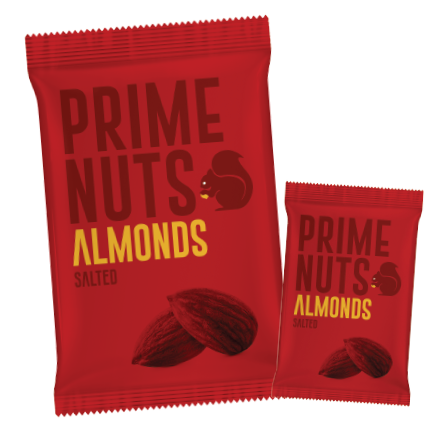
Full of Nutrients that are beneficial for your health
Nutrient-rich almonds are beneficial for your overall health. Packed with protein, fiber, and healthy fats, almonds serve as an excellent snack for a sustained energy boost. Vitamin E in them keeps skin from getting old and makes it look healthy. A handful of nuts can help protect you from oxidative stress, make your heart healthier, and reduce inflammation. It also helps bones and muscles work better because it has magnesium in it.
Almonds help keep your heart and brain healthy
Almonds are rich in riboflavin and L-carnitine, nutrients that can enhance memory and prevent cognitive decline. Omega-3 fatty acids and monounsaturated fats are beneficial for your heart because they lower cholesterol and keep blood pressure steady. Almonds are a healthy snack that can help people with diabetes control their blood sugar. They are a delicious and healthy addition to any diet, whether you eat them raw, soak them, or mix them with other nuts to make almond butter.
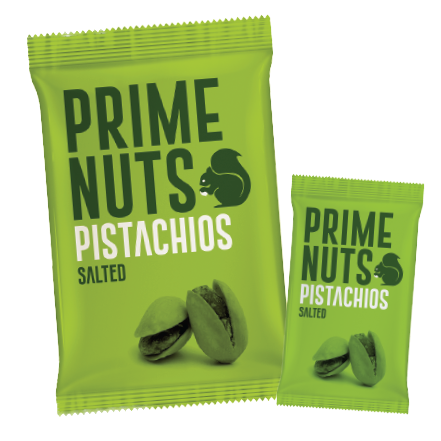
Nuts that are good for you and crunchy: Pistachios
Pistachios are a great snack for weight loss and digestion because they are high in protein, fiber, and healthy fats. They have many vitamins, like lutein and zeaxanthin, which protect against macular degeneration and keep your eyes healthy. Pistachios are low in calories and high in fiber, which makes you feel full. They also contain vitamins B6 and E, which are important for healthy skin and a strong immune system.
Pistachios are healthy for your heart and give you energy
Peanuts have many polyunsaturated fats, which help lower bad cholesterol and raise good cholesterol. This type of food is good for the heart. Their high potassium and magnesium content also helps keep blood pressure in check and keeps muscles working well. Because they have protein and amino acids that help muscles grow back, they are a great snack to have after working out. You can get a tasty and healthy energy boost from eating peanuts every day.
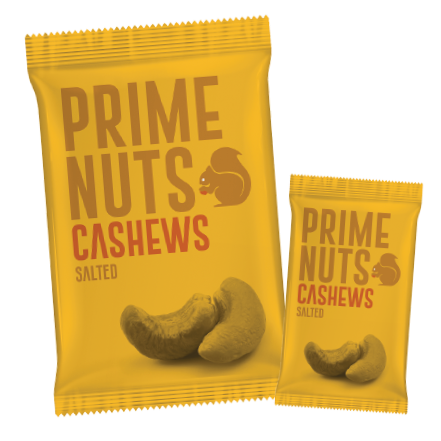
Cashews are a healthy superfood that is high in nutrients
Cashews are high in healthy fats, protein, and fiber; they are a wonderful snack for keeping you going and improving your health. These foods are high in magnesium, which helps keep bones strong and nerves working properly. Iron and zinc, which are found in cashews, also help the body’s immune system and blood flow. Their high antioxidant content, which includes vitamin E, fights free radicals and keeps your skin looking healthy and young.
Nuts that are good for your heart and braiN
Cashews have a lot of monounsaturated and polyunsaturated fats, which are good for your heart because they lower bad cholesterol and make your heart work better. They help the brain work better by lowering stress and improving memory because they contain copper and magnesium. As a great post-workout snack, cashews are full of plant-based protein that helps muscles heal. You can eat cashews as creamy nut butter, in trail mixes, or as a crunchy addition to your meals to make them tastier and healthier!
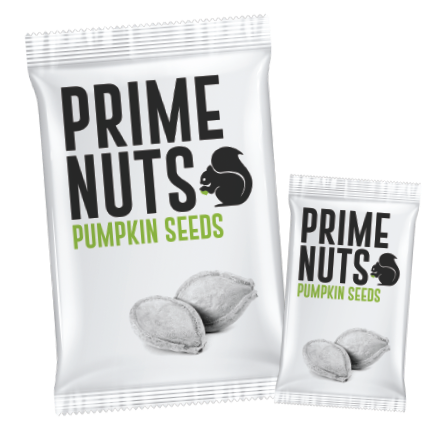
Pumpkin seeds are very healthy and full of good things for you
Having pumpkin seeds can help your health. They are superfood because they have many good things for you in them, like iron, magnesium, and zinc. You feel full for longer because they have a lot of protein and fiber. This feature helps you lose weight and handle food better. You can keep your skin glowing and fight redness with these tiny seeds. They are full of antioxidants like vitamin E. In addition, they have healthy fats that keep your heart and brain healthy.
Sleep better and fight off sicknesS
An amino acid called tryptophan can help you sleep better and feel calmer. A wonderful way to get it is through pumpkin seeds. They protect your body from getting sick because they have zinc and vitamin E in them. These seeds are rich in omega-3 fatty acids. These acids are beneficial for your brain and heart. You can enjoy pumpkin seeds as a snack or incorporate them into soups or salads. They taste delicious and are good for you.
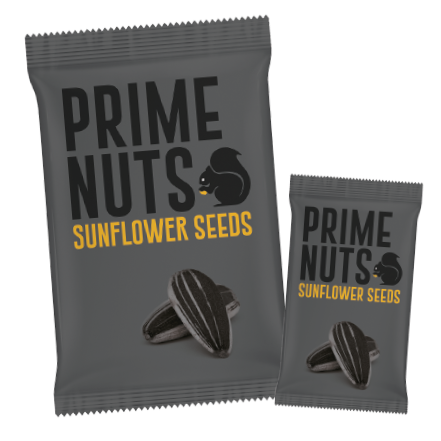
Sunflower seeds are a great source of nutrients
To live a healthy life, sunflower seeds are a wonderful snack because they are full of important nutrients. They contain a high amount of vitamin E. Vitamin E is a strong antioxidant that keeps your face glowing and helps protect your cells. They are good for your heart because they have the right amount of protein, fiber, and healthy fats. They also help your stomach. Besides that, they are full of magnesium and selenium, which help your immune system and lower inflammation.
Brain Booster and Energy BoosteR
Do You want to get more energy naturally? Sunflower seeds contain B vitamins that assist the body in generating energy and maintaining brain health. They keep you busy all day because they contain healthy fats and amino acids that improve your mood and help you concentrate. They are a must-have in your diet because they have a lot of zinc and selenium, which makes your defense system stronger. They taste excellent and are good for you. You can put them in salads and soups or eat them as a crunchy snack.
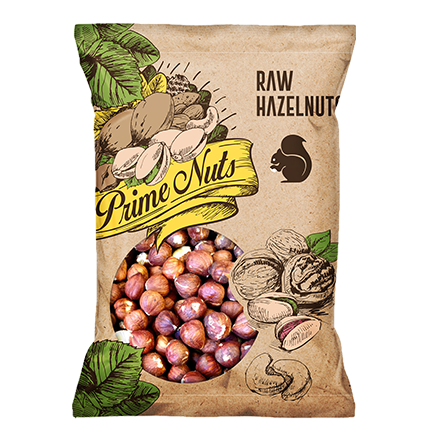
Hazelnuts are a superfood that is good for your brain and heart
Monounsaturated fats in hazelnuts are good for your heart because they lower bad cholesterol and improve heart health. They have a lot of vitamin E, which is an antioxidant that keeps cells healthy and skin glowing. Magnesium, which is found in these crunchy nuts, helps muscles relax and bones get stronger. The high fiber level also helps digestion and keeps the gut healthy.
Boost your energy and brain power organicallY
Hazelnuts have many antioxidants, B vitamins, and folate, all of which are good for brain health and memory. These snacks give you energy all the time, so they’re ideal for staying healthy. Protein and beneficial fats help you control your weight because they make you feel full for longer. Copper and manganese, which are found in large amounts in hazelnuts, boost the immune system and digestion. Eat them raw, roast them, or put them in drinks for a tasty health boost!
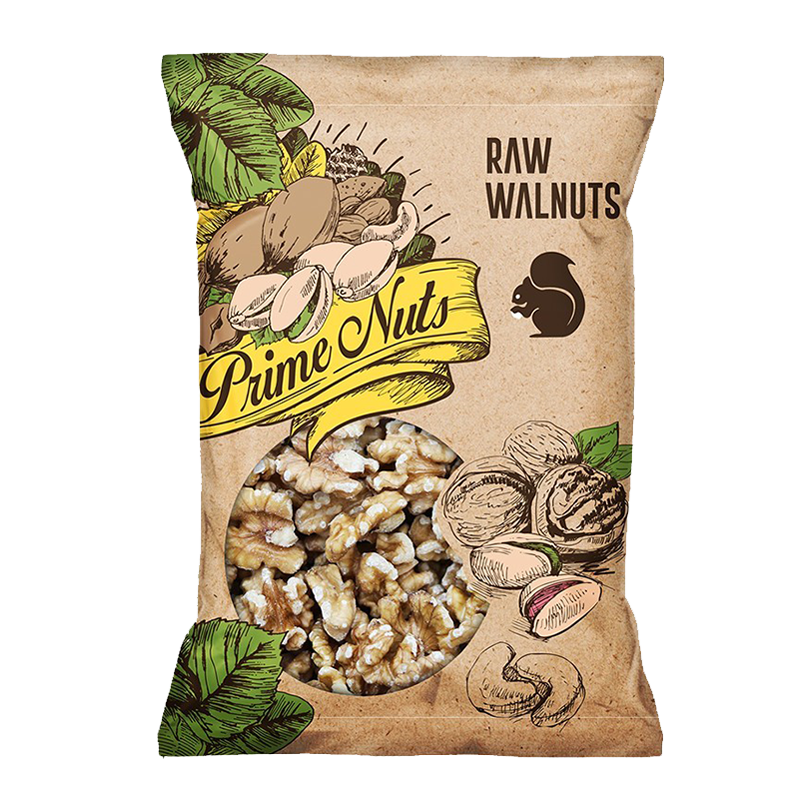
Walnuts are the best food for your brain
Walnuts are full of omega-3 fatty acids, which are beneficial for your brain and help you remember things and concentrate. 
Get extra nutrients to boost your healtH
Walnuts are a wonderful way to get protein, magnesium, and vitamin E, all of which help keep your muscles strong and your skin healthy. They are a perfect snack for busy people because their healthy fats give you energy that lasts for a long time. They also help you sleep better because they contain serotonin naturally. Walnuts are a tasty way to fuel your body and mind.! You can eat them raw, toast them, or blend them into soups.
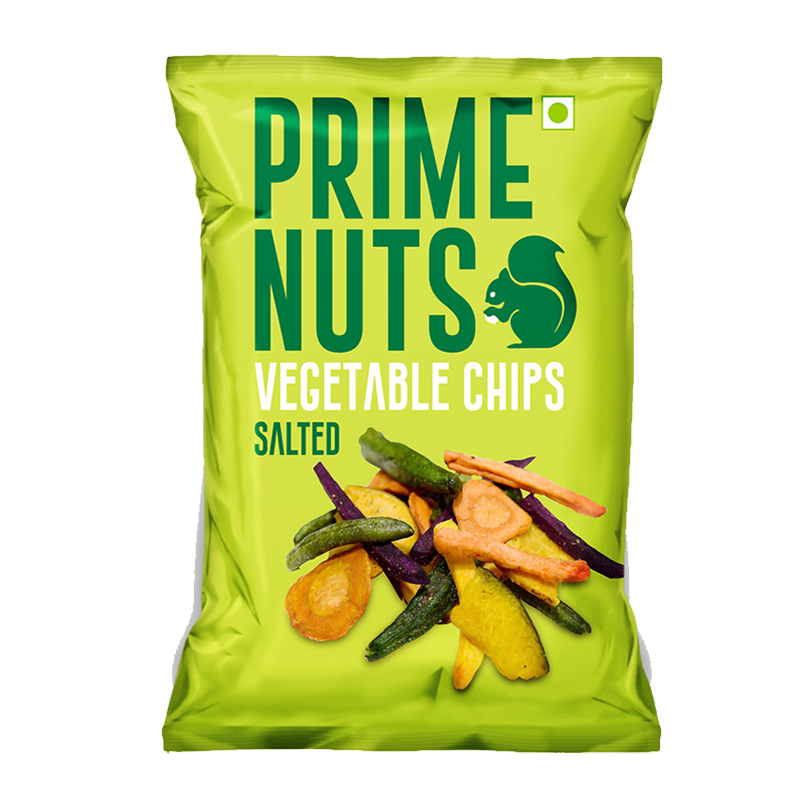
The Power of Vegetables: A Boost Full of Nutrients
Vegetables are foods that are high in fiber, vitamins, and minerals. They boost your immune system, keep your heart healthy, and help your stomach. Broccoli, spinach, and kale are leafy greens that are high in iron and antioxidants. Tomatoes, carrots, and bell peppers are all healthy veggies that are high in vitamins A and C, which are good for your eyes and skin. Some different kinds of veggies can help your body get all the nutrients it needs.
Why are fruit sweet and good for you? Nature’s energy boost
Fruits naturally give you energy and are full of fiber, vitamins, and water. Berries have many antioxidants that are good for your brain and heart. Oranges and bananas have potassium and vitamin C that are beneficial for your immune system and help with muscle cramps. Fruits also contain natural sugars, offering a healthy choice to processed sweets. They give you energy and make you feel good all day, whether you eat them raw, dry, or make smoothies with them.

The Reasons to Eat Fruits
- Fruit is a good source of vitamins and minerals, helping to prevent deficiencies in vitamin C and vitamin A.
- Eating fruit as part of a healthy diet can reduce the risk of chronic diseases.
- Fruits are rich in potassium, fiber, vitamin C, and folate (folic acid).
- Blueberries, citrus fruits, cranberries, and strawberries contain phytochemicals being studied for additional health benefits.
Nutritional Composition of Fruits
The nutrients in fruits are vital for health and maintenance of your body.
- Potassium: Reduces the risk of heart disease, stroke, kidney stones, and bone loss as you age.
- Folate (Folic Acid): Helps form red blood cells and prevents neural tube birth defects in newborns.
Key Fruits and Their Benefits
- Apples: High in fiber, vitamin C, potassium, and vitamin K. Promotes heart health, reduces the risk of type 2 diabetes and cancer, and supports gut health with prebiotic pectin.
- Pineapple: Rich in vitamin C and manganese. Contains bromelain, an enzyme with anti-inflammatory properties and potential cancer-fighting benefits.
- Strawberries: Rich in vitamin C, manganese, folate, and potassium. High in antioxidants, with potential to prevent cancer and reduce blood sugar spikes.
- Blueberries: Packed with fiber, vitamin C, vitamin K, and manganese. Known for their antioxidants, which may reduce the risk of chronic diseases and improve brain function.
- Kiwi: Contains more vitamin C than oranges. Supports bone health, reduces blood triglycerides, and maintains teeth and gum health.
- Peach: High in vitamin C, helping reduce wrinkles, improve skin texture, and combat skin damage caused by sun and pollution.


